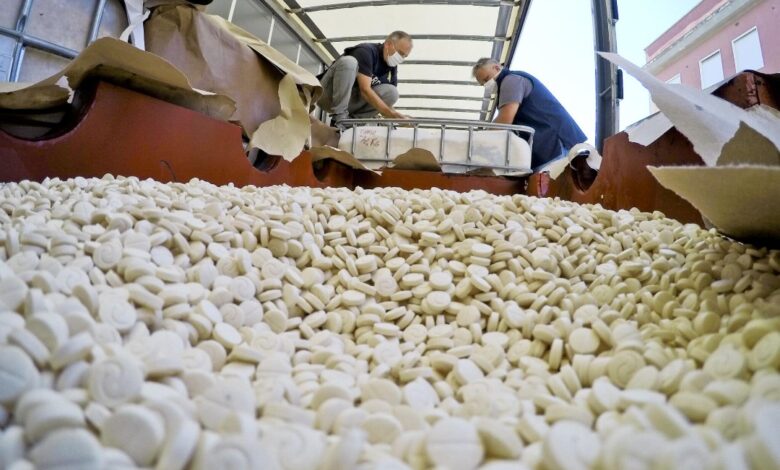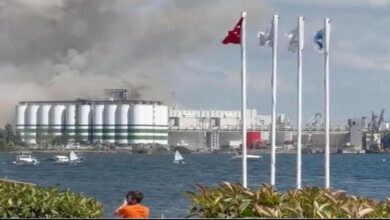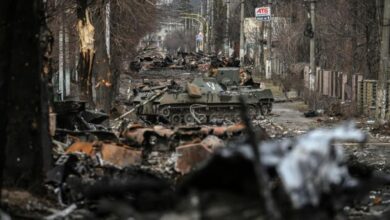Report: On Syria’s Ruins, a Drug Empire Flourishes
Powerful associates of Syria’s president, Bashar al-Assad, are making and selling captagon, an illegal amphetamine, creating a new narcostate on the Mediterranean.

Bashar Assad’s relatives and associates have turned Syria into a “new narco-state on the Mediterranean,” a report said Sunday.
The Assad regime’s illegal drug industry built on the ashes of a decade of civil war has now become a multibillion-dollar operation, according to the New York Times (NYT) report “On Syria’s Ruins, a Drug Empire Flourishes.”
According to the NYT investigation, the Fourth Armored Division of the Syrian Army, which is commanded by Assad’s younger brother Maher Assad, oversees much of the production and distribution of drugs. Businesspeople with close relations with the Assad regime, as well as Lebanon-based Hezbollah and other members of Assad’s extended family, are other major players of the drug trade, according to the investigation, which was reportedly based on information obtained from law enforcement officials in 10 countries and interviews with global drug experts.
The main product produced in the country is Captagon, which has allegedly become the country’s “most valuable export, far surpassing its legal products.” A synthetic drug, captagon is made from amphetamine fenethylline, is cheap to produce and its composition includes widely available legal substances.
Officials in Greece, Italy, Saudi Arabia and other places have confiscated hundreds of millions of pills originating from the regime-controlled port in Syria, the report said.
For instance, Italian officials had discovered 84 million pills hidden in rolls of paper and metal gears last year, while Malaysian officials found 94 million pills inside rubber trolley wheels, but these confiscations may only represent a fraction of the drugs that have been shipped.
“More than 250 million Captagon pills have been seized across the globe so far this year, more than 18 times the amount captured just four years ago,” the report said.
Citing regional security experts, the Times also noted that the main obstacle in fighting the drug trade is that it has the support of “a state that has little reason to help shut it down.”
“The idea of going to the Syrian government to ask about cooperation is just absurd,” the newspaper quoted Joel Rayburn, the U.S. special envoy for Syria during former President Donald Trump’s administration, as saying.
“It is literally the Syrian government that is exporting the drugs. It is not like they are looking the other way while drug cartels do their thing. They are the drug cartel.”
Source: nytimes





